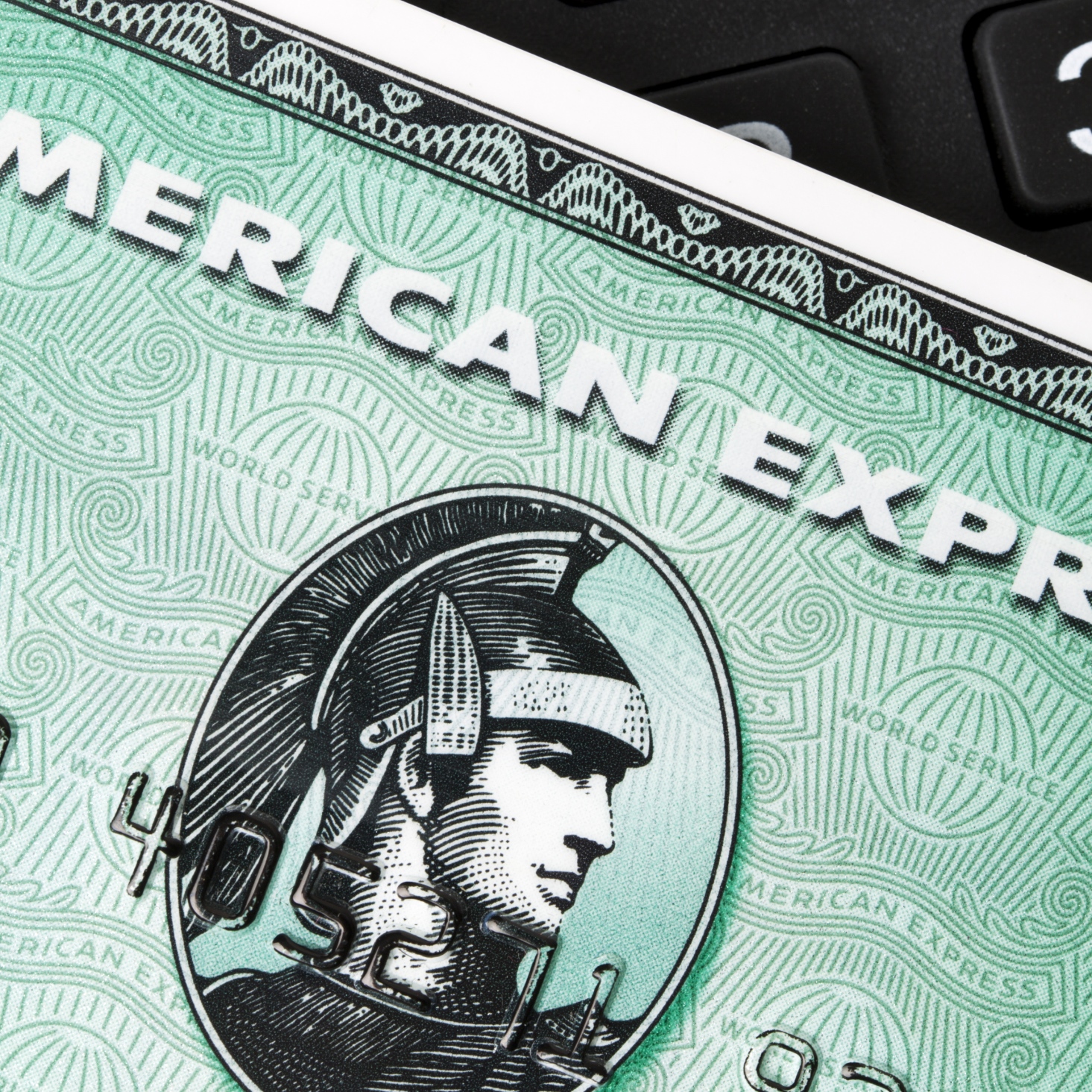Banking, finance, and taxes
What to Expect From American Express Earnings

Published:
Last Updated:

American Express Co. (NYSE: AXP) is scheduled to release its most recent earnings report after the markets close on Wednesday. Consensus estimates from Thomson Reuters are calling for $0.96 in earnings per share (EPS) and $7.72 billion in revenue. The same period of last year reportedly had EPS of $1.24 and $8.19 billion in revenue.
This company was expected to see roughly an 18% total return in 2016. However a few things went wrong over the course of this year. Amex currently ranks as the third worst Dow stock on the year, noting a difference of five percentage points between it and the fourth place stock. Its trends may not look bad, but loss of larger deals and more and more payment options for consumers are all adding up to a serious problem.
Recently, Nomura analyst Bill Carcache issued a report on Amex, and — long story short — he sees some conflict on the horizon. In his report, Carcache detailed:
We expect the tug of war between bulls and bears to intensify in the third quarter of 2016, which marks the first quarter that American Express will report excluding Costco. We believe the combination of softer-than-expected revenues and higher than expected expenses will weigh on AmEx. Layer in what we expect will be a fourth year of market share losses in U.S. billings and growing concerns about business model risk, and we’re left with what we view as a recipe for underperformance.
Prior to the release of the earnings report, analysts weighed in on the stock:
So far in 2016, Amex has underperformed the broad markets, with the stock down 12% in this time. Over the past 52 weeks, the stock is actually down about 20.5%.
Shares closed Tuesday at $60.08, with a consensus analyst price target of $67.18 and a 52-week trading range of $50.27 to $77.61.
If you’re one of the over 4 Million Americans set to retire this year, you may want to pay attention. Many people have worked their whole lives preparing to retire without ever knowing the answer to the most important question: am I ahead, or behind on my goals?
Don’t make the same mistake. It’s an easy question to answer. A quick conversation with a financial advisor can help you unpack your savings, spending, and goals for your money. With Zoe Financial’s free matching tool, you can connect with trusted financial advisors in minutes.
Why wait? Click here to get started today!
Thank you for reading! Have some feedback for us?
Contact the 24/7 Wall St. editorial team.